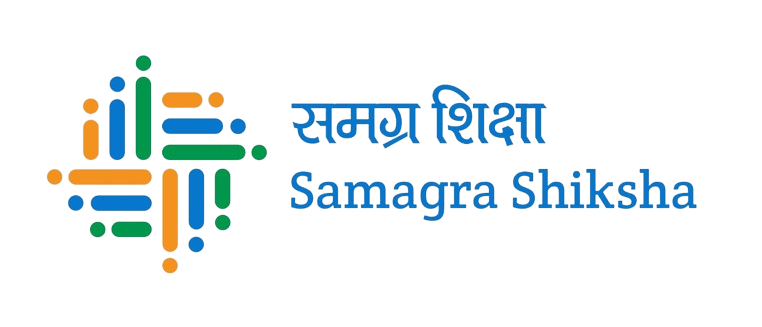Teacher Training in Samagra Shiksha - Secondary Education
Under the Samagra Shiksha Abhiyan (SSA), a significant emphasis is placed on the professional development and capacity building of teachers. Recognizing that teachers play a crucial role in shaping the educational experiences and outcomes of students, the scheme includes comprehensive training programs aimed at enhancing their skills and competencies. This is particularly important at the secondary level, where subject expertise and pedagogical skills are critical.
 Key Components of Teacher Training
Key Components of Teacher Training
NISHTHA (National Initiative for School Heads' and Teachers' Holistic Advancement):
NISHTHA is an integrated training program designed for teachers, school heads, teacher educators, and Block Resource Coordinators (BRCs)/Cluster Resource Coordinators (CRCs). It focuses on building competencies among all stakeholders involved in school education, with a special emphasis on training for secondary education.
The training under NISHTHA covers various aspects, including subject-specific pedagogies, classroom management, inclusive education practices, and the use of technology in teaching. The program also addresses critical areas such as emotional well-being, adolescent education, and life skills.
Capacity Building of Educational Administrators:
In addition to teacher training, SSA also includes training programs for educational administrators at various levels, including District Education Officers (DEOs), school principals, and other administrative personnel. These programs aim to equip administrators with the skills necessary to effectively manage educational institutions and implement educational policies.
In-service Training for Teachers:
Continuous professional development is a key focus area, with in-service training programs designed to update teachers on the latest educational trends, curriculum changes, and innovative teaching methods. These trainings help teachers stay abreast of new developments in their subjects and pedagogical techniques.
Training of School Management Committees (SMCs) and School Development Committees (SMDCs):
To foster community involvement in school management, SSA includes training for members of SMCs and SMDCs. This training helps committee members understand their roles and responsibilities, including financial management, monitoring of school activities, and supporting school development plans.
Specialized Training Initiatives:
Inclusive Education: Training programs specifically focus on inclusive education practices, equipping teachers with the knowledge and skills to support students with diverse learning needs, including those with disabilities.
Use of ICT in Education: With a growing emphasis on digital learning, SSA provides training on the use of Information and Communication Technology (ICT) in classrooms. Teachers are trained to use digital tools and resources effectively, including the DIKSHA platform, which offers a variety of digital content and teaching aids.
Support through Resource Centers:
The scheme provides academic support to teachers through Block Resource Centers (BRCs), Urban Resource Centers (URCs), and Cluster Resource Centers (CRCs). These centers serve as hubs for professional development, offering resources, guidance, and mentorship to teachers.
Goals and Impact
The overarching goal of teacher training under Samagra Shiksha is to improve the quality of teaching and learning in schools. By enhancing teachers' subject knowledge, pedagogical skills, and ability to integrate technology, the scheme aims to create a more engaging and effective learning environment for students.
These training programs are designed to be continuous and iterative, ensuring that teachers receive ongoing support and opportunities for growth throughout their careers. The ultimate objective is to build a strong, competent, and motivated teaching workforce that can effectively address the diverse needs of students and contribute to the overall improvement of the education system in Uttar Pradesh and across India.













